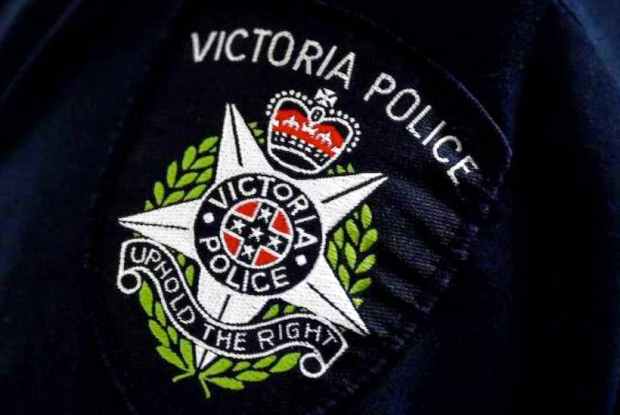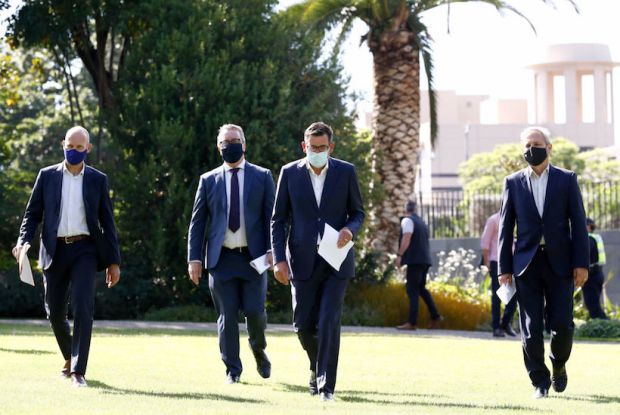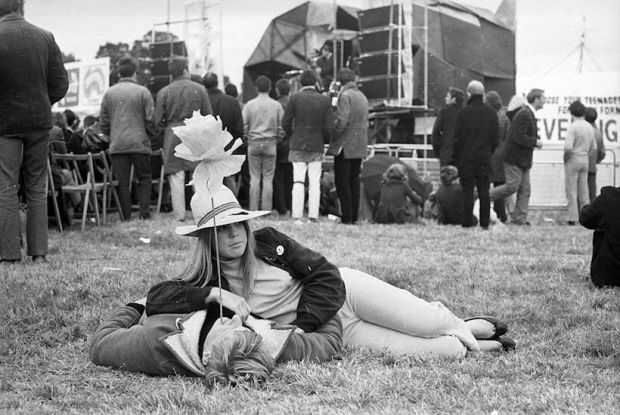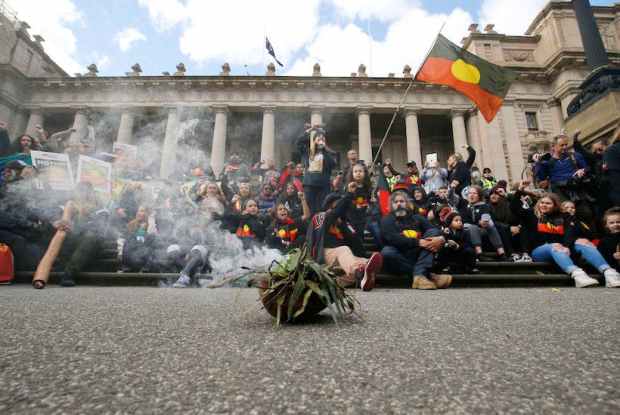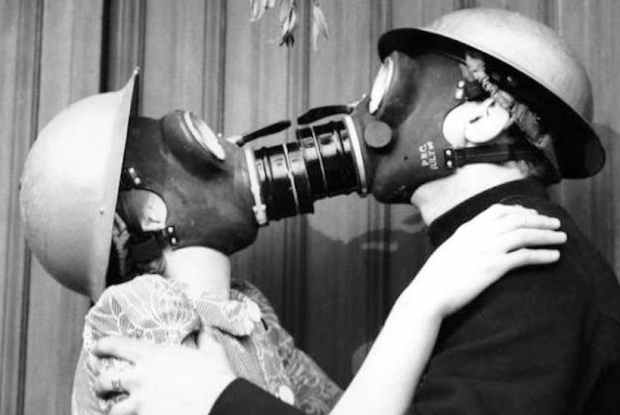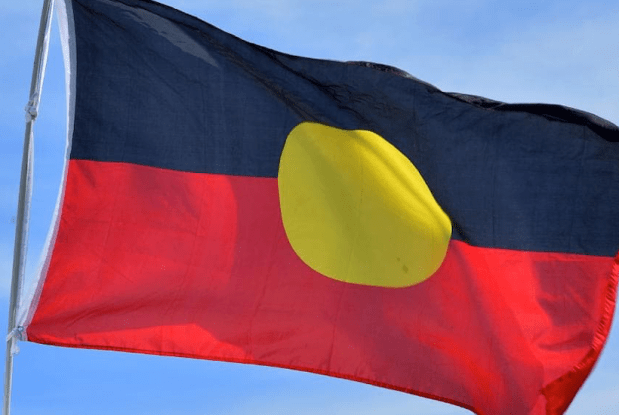‘[We hope for] a future where all Australians, whatever their origins, are truly equal partners, with equal opportunities and with an equal stake in shaping the next chapter in the history of this great country, Australia.’ – Kevin Rudd, Apology to Australia’s Indigenous peoples, February 13, 2008.
Later this year, Australia will vote on whether to grant one group of citizens a greater voice in the governance of the country than others, based on their race.
Australia will vote on whether to establish a constitutional body called the ‘Aboriginal and Torres Strait Islander Voice’, whose power and influence will be open only to those of the correct racial category.
While the ‘No’ campaign has focused largely on the risk and lack of detail contained in the referendum question, far less attention has been paid to the long-term implications of enshrining exclusive race-based political privileges into the heart of the Australian Constitution.
The Voice Design Principles state that membership of the Aboriginal and Torres Strait Islander Voice will be open only to those who can prove they are sufficiently racially ‘Aboriginal’ through the crude metric of the standard ‘three-part definition’ for establishing a person’s Aboriginality, with the actual method for appointing members to be revealed after the referendum through a murky process of ‘consultation’ with ‘local communities’.
The flawed and much-maligned three-part definition of Aboriginality, then, will form the fundamental eligibility criteria for membership of the Voice, and, despite the ‘Yes’ campaign’s insistence that the new constitutional body will be merely ‘advisory’, will create a separate racial category of Australians that have an additional influence over government decision-making than their non-Aboriginal brothers and sisters.
Not only will the Voice grant additional political influence to Australians with specific racial characteristics, it will also necessitate the creation of a formal racial register to determine those eligible to vote or gain membership in the body, who will then be ‘consulted’ to appoint 24 representatives that will claim to speak on behalf of the approximately 1 million diverse individuals of Aboriginal descent in Australia, due solely to some simplistic notion of a shared genetic heritage (however distant).
The ‘Yes’ campaign claims that such a ‘representative’ body is a necessary change to ensure that past failures of Indigenous policy are not repeated. Yet race-based representative bodies have been repeatedly tried and failed throughout the last 50 years; from the National Aboriginal Consultative Committee to the National Aboriginal Conference to the Aboriginal and Torres Strait Islander Commission and more, with each ending in controversy, corruption, and no remedy for the desperate plight of many Aboriginal communities.
The most recent attempt at creating a race-based organ of government was the precursor to the Federal Voice – the Victorian First Peoples’ Assembly – which was created four years ago by the Victorian state government with a remit to draft and sign a sovereign treaty ‘on equal terms’ with … well … the Victorian state government. It has achieved little except for the empowerment of a small activist interest-group, with only around 6 per cent of Victorian Aboriginals participating in the vote, tens of millions in funding allocated to a ‘Self-Determination Fund’, and a ‘treaty’ still a distant dream despite four years of working towards it.
For the cost of the Victorian government’s 2023-24 Budget investment into the First Peoples’ Assembly alone, it could have paid every participating voter for this year’s elections $20,000 each and not bothered. Indeed, for the $1.975 billion total funding allocated to Aboriginal people which the Victorian government brags of in its most recent budget, it could have instead paid every one of the participating voters over $470,000 each, or, alternatively, $30,000 to every Aboriginal man, woman, and child in the state. Pay the Rent, indeed.
Having been trialed by Labor in Victoria, a similar model is likely to be implemented in the Voice at the federal level, where approximately $33 billion per year is spent on Aboriginal-related issues across the country (or $33,536 for every Aboriginal man, woman, and child, per year, in the country). The only difference between the federal Voice to Parliament and all its precursors will be that it will be enshrined in the Constitution and therefore practically impossible to abolish if the same corruption, mismanagement, and activist in-fighting happens to it as has happened with every other attempt.
Yet matters of mere cash are really of secondary importance to a government that is nearly $1 trillion in debt. Of perhaps far greater importance is the long-term consequences of Australia’s abandonment of the egalitarian political principles that had hitherto made it such a peaceful, prosperous, and law-governed country in which it was agreed that the crude differences of blood and race should not define a citizen’s political rights.
Constitutions that uphold equal rights for their citizenries regardless of racial origin, are a lucky aberration of history. As the Voice marches us down the inevitable path of ‘truth-telling’, ‘treaties’, and ‘self-determination funds’ and neglects the immediate and desperate remedies needed in Aboriginal communities around the country, we will be abandoning the vision of equality Kevin Rudd outlined in his 2008 apology. Only time will tell whether the Australian people will choose to maintain this fortunate experiment of law-governed egalitarian democracy, or slouch towards the dull tribalism of Four Legs Good, Two Legs Better.
All sides of the referendum debate recognise that the living conditions of many Aboriginal communities need desperate improvement, however, the answer to racial discrepancies in living standards is not to entrench an apartheid system of racial political privilege through policy. To drag the country towards the regressive barbarism of racial tribalism is to severely undermine our long-developed traditions of equality before the law, one man; one vote, and our shared sense of collective humanity; whether your great-great-grandparents were born here or whether you pledged the oath of allegiance three seconds ago.
In the words of Thomas Sowell, ‘Racism has never done any good – it needs to be fought against, not put under new management for different groups.’
Vote ‘No’ to racism later this year.


